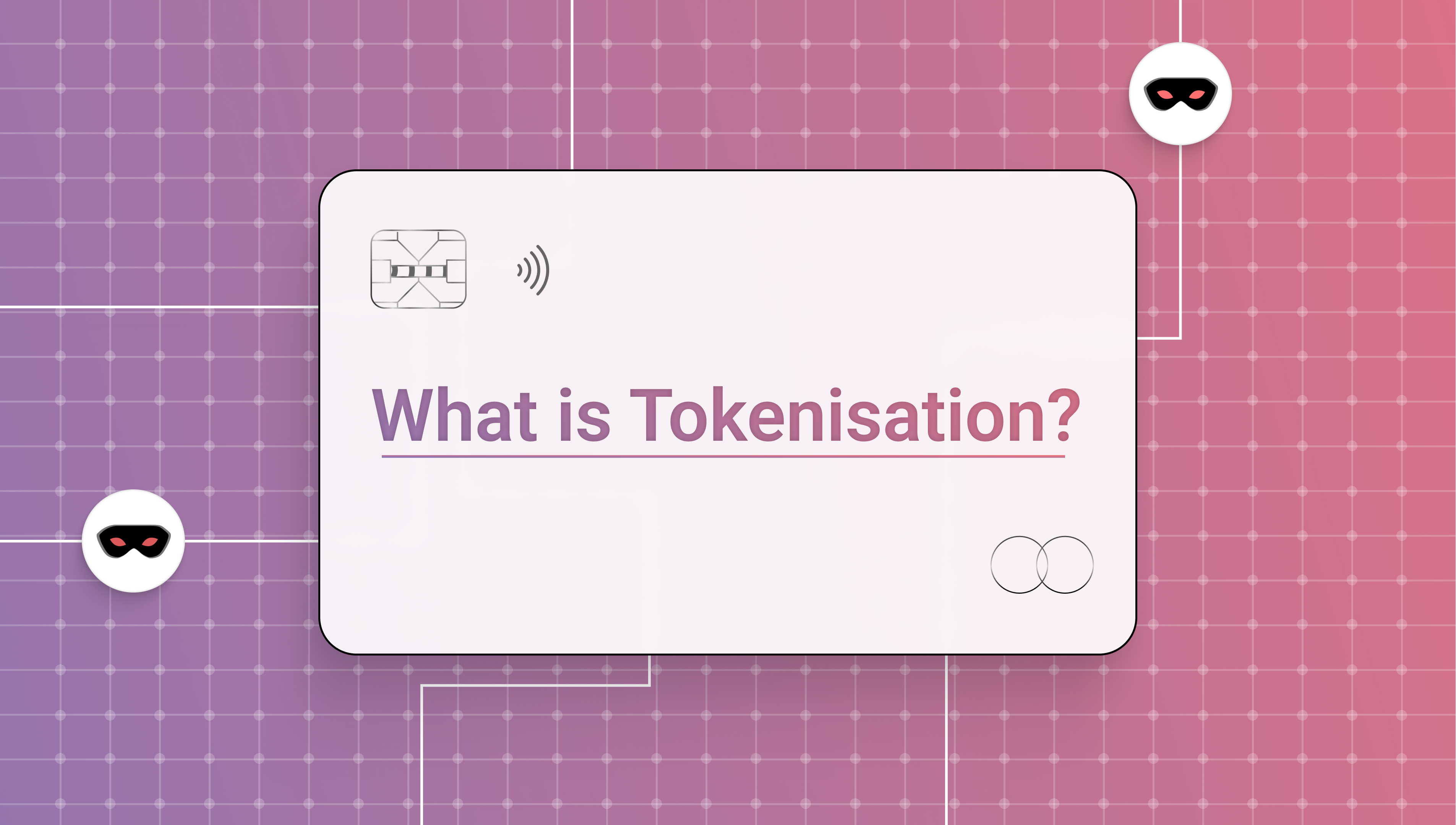Why is Payment Tokenisation Necessary For Your Online Business?

Online payments make it easier for merchants and consumers to receive and send payments worldwide. However, as the consumption of online payments is increasing, one need not say how important it is to have a secure payment infrastructure.
Moreover, security implementation is critical when your business strongly depends on accepting recurring and online payments — SaaS and E-commerce businesses. For such businesses, there are many security measures to deploy.
Tokenisation or payment tokenisation implementation is an ultimate security measure to safeguard your consumer’s card data so you can collect and process payments securely and improve user experience.
Table of Contents
So, What is Payment Tokenisation?
Payment tokenisation protects customers’ sensitive card data by randomly generating numbers or letters and replacing them with the actual data. In addition, it protects your business against fraud by stopping hackers from stealing customer data and printing the exact details on duplicate cards to make purchases.
While Encryption and Payment tokenisation works in the somewhat same fashion, however, there is one big difference between the two.
Encryption vs Payment Tokenisation
Encryption protects sensitive data by encrypting it before sending it out. Upon reaching the destination, the server decrypts the data using the already available key at the recipient’s end.
However, there’s a loophole. Hackers can impose as the receiver, decrypt the data, and steal the information once they figure out the key.
Tokenisation, on the other hand, generates random tokens in real-time to completely replace accurate data. Regardless of which token service one uses, merchants cannot obtain credit card information. However, as a merchant, you will receive an authorisation confirming the transaction is valid.
Due to its lower cost and safer nature, businesses prefer payment tokenisation over encryption. In addition, it offers end-to-end security and payment flexibility for chargebacks, recurring payments, and refunds.
Why is payment tokenisation important for SaaS business?
Payment tokenisation is vital for SaaS businesses because it allows them to accept subscription payments without storing or transmitting sensitive payment data, reducing the risk of a data breach.
Saved cards can auto-debit the subscription payment, and the user does not need to authenticate the transaction every time.
Tokenisation helps SaaS businesses to
- Reduce fraudulent chargebacks
- Increase customer data security
- Improve customer experience
- Simplify compliance with PCI DSS
- Reduce the risk of data breaches
- Streamline the payment process
- Improve operational efficiency for your business by automating the payment process
In case hackers were to steal tokenised payment information, they would not be able to connect the customer’s payment information to the token. Tokenisation would protect the customer’s information from being compromised as the payments facilitator safely stores it.
If you are a SaaS business accepting online payments, the Payment Card Industry Data Security Standard (PCI DSS) compliance is a must. Therefore, tokenisation can help you meet PCI DSS requirements.
OmniPay, a payment service provider, manages the tokenisation process on your behalf and stores the customer’s card information in a secure environment.
Why is payment tokenisation important for E-commerce businesses?
Increased security: Rather than storing the information in the checkout form, tokenisation reduces the risk of fraud and data breaches by replacing sensitive card data with a unique token that is hard to decipher.
Moreover, cybercriminals will have no chance of stealing or compromising your customer data.
Your business will be trustworthy and dedicated to protecting customers’ payment information.
Improved customer experience: Tokenisation streamlines the payment process for customers, making it faster and easier to complete transactions.
It helps reduce the cart abandonment rate and the friction to pay, increasing checkout conversion rates.
Reduced costs: Tokenisation reduces the costs associated with processing payments, such as interchange fees, chargebacks and the cost of fraud.
Greater flexibility: Tokenisation provides e-commerce businesses more flexibility when accepting payments, as they can choose to accept various payment types.
Offer easy Checkout to your customers; securely save cards with tokenisation
Not just security, tokenisation aids businesses by allowing customers to make payments online easily.
Filling the card details every time a customer checks out can be lengthy. The customers will have to fill in details such as:
- The Card Number
- Card Holder’s Name
- Expiry Date
- CVV
What happens if a customer makes a mistake in filling in any of the details? The transaction fails, and the customer has to go through those dreadful steps again.
Tokenisation allows you to offer your customers the convenience of saving cards.
Having the ability to save cards means your customers won’t have to enter their credit/debit card details every time they shop from your online store.
Once the customer fills in the card details, it gets saved as a Token on the checkout page except for the CVV. In the future, the same customer needs only enter the CVV, CVC or CCV number when making a payment.
With tokenisation, the paying journey of a customer begins at CVV. You can offer your customers a world-class and straightforward checkout process.
Key Takeaways
Payment tokenisation is an effective solution with several benefits, including improving your data security, site checkout experience, and customer trust. With tokenisation, you can also pass the provider the task of achieving and maintaining PCI compliance.
OmniPay provides Payment tokenisation and manages PCI compliance with zero charges.
If this interests you, book a call with us Now!


